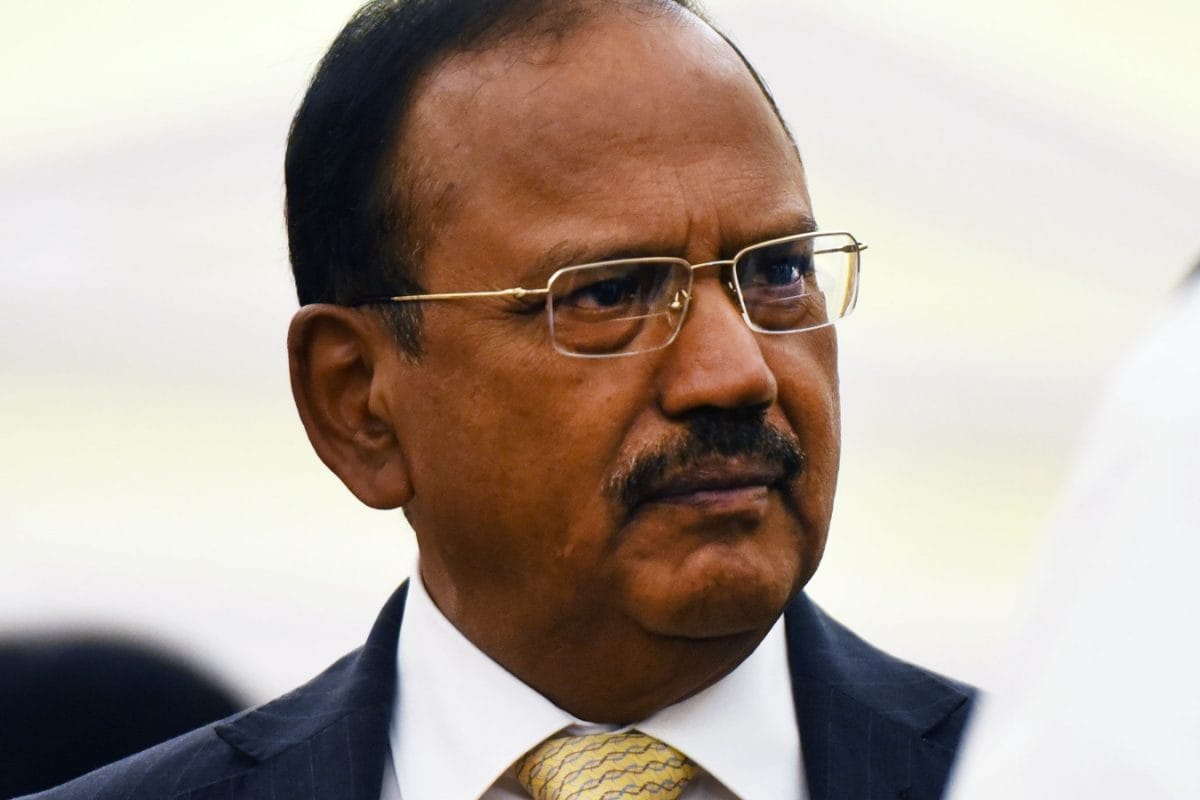

National Security Advisor (NSA) Ajit Doval's recent visit to Moscow for high-level discussions carries significant weight, occurring amidst increasing geopolitical tensions and a display of India's commitment to strategic autonomy. Doval's trip, which took place on Thursday August 7, 2025, follows the announcement by U.S. President Donald Trump of an additional 25% tariff on Indian goods in response to India's oil purchases from Russia, bringing the total tariff burden to 50%. This is the highest tariff imposed on any U.S. trade partner alongside Brazil.
Doval's meetings with senior Russian officials covered a range of critical issues, including defense cooperation, energy ties, and preparations for the upcoming summit between Prime Minister Narendra Modi and Russian President Vladimir Putin. According to the Russian news agency TASS, discussions also addressed the "current escalation of the geopolitical situation".
Key Discussion Points
India's Strategic Autonomy
Doval's visit to Moscow underscores India's commitment to its strategic autonomy, a principle that guides its foreign policy decisions. Despite growing pressure from the U.S. and other Western nations, India has consistently defended its right to pursue an independent foreign policy based on its national interests. This includes maintaining strong ties with Russia, a long-standing partner in defense and energy.
India's Ministry of External Affairs (MEA) hasPublicly pushed back against criticism regarding its import of Russian oil, emphasizing that these imports are based on market factors and are essential for ensuring the energy security of its 1.4 billion people. The MEA has also pointed out that other countries, including those in the EU, continue to trade with Russia.
Broader Diplomatic Engagement
Doval's visit will be followed by a visit from External Affairs Minister S Jaishankar to Russia in the third week of August for the India-Russia Inter-Governmental Commission (IRIGC-TEC) meeting. This commission serves as the primary mechanism for managing bilateral trade, economic, scientific, and technological cooperation. Jaishankar's visit is expected to address the energy partnership between India and Russia, as well as the potential for punitive economic measures from the U.S..
Implications and Reactions
President Trump's decision to impose additional tariffs on India has been met with strong criticism from the Indian government, which has called the move "unfair, unjustified, and unreasonable". Experts suggest that these tariffs could significantly impact Indian exports to the U.S., potentially reducing them by 40-50%. Key export sectors, such as leather, chemicals, textiles, and seafood, are expected to face significant setbacks.
Prime Minister Narendra Modi has responded to the tariff threats with a firm stance, vowing to protect the interests of Indian farmers. Without directly naming the U.S., Modi indicated that India is prepared to face the consequences of maintaining its position.
The current situation has led to discussions about a potential revival of the Russia-India-China (RIC) trilateral mechanism, which could serve as a tactical arrangement to resist U.S. influence. Overall, Doval's visit to Moscow and the subsequent diplomatic engagements highlight India's commitment to its strategic autonomy and its willingness to navigate a complex geopolitical landscape while prioritizing its national interests.